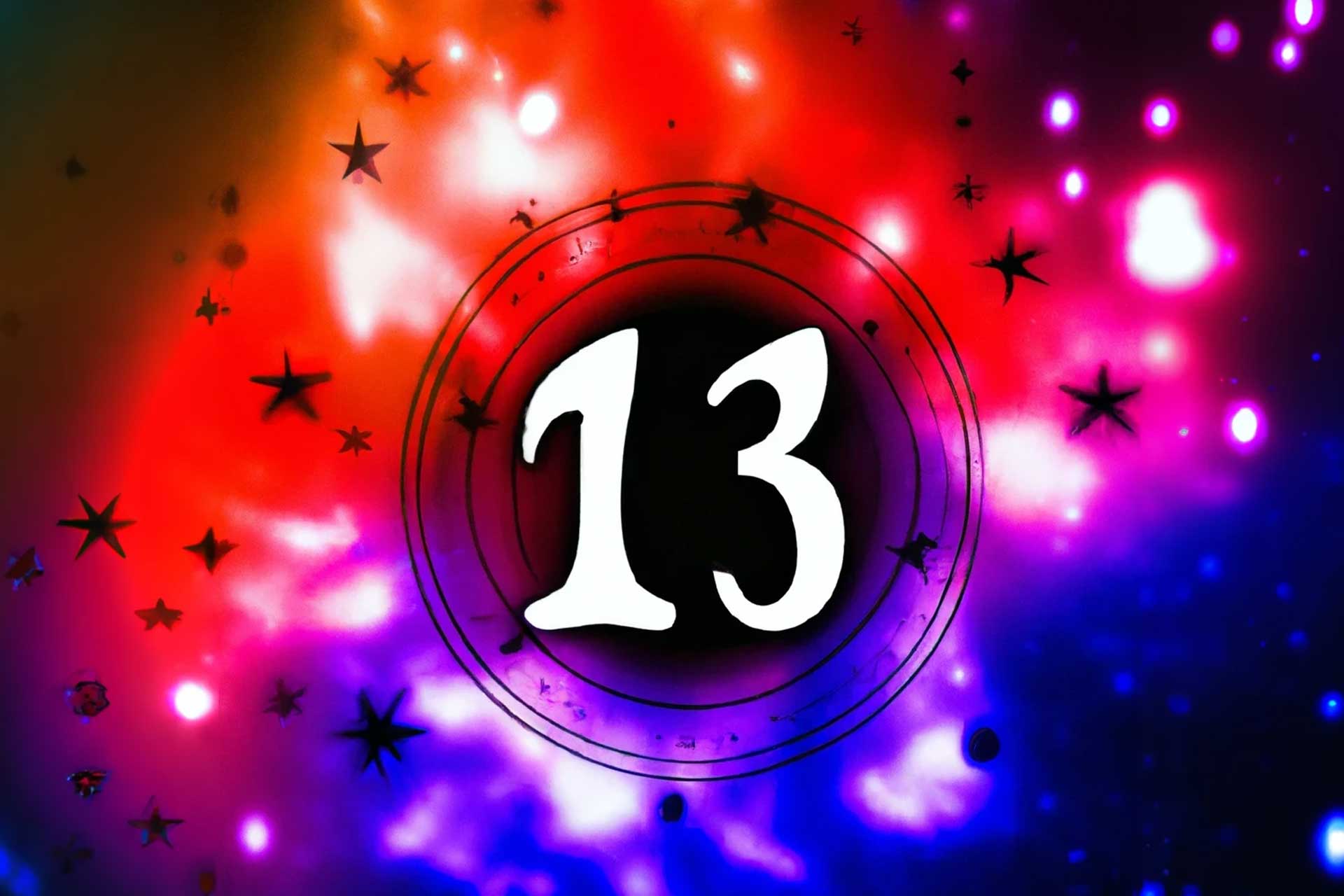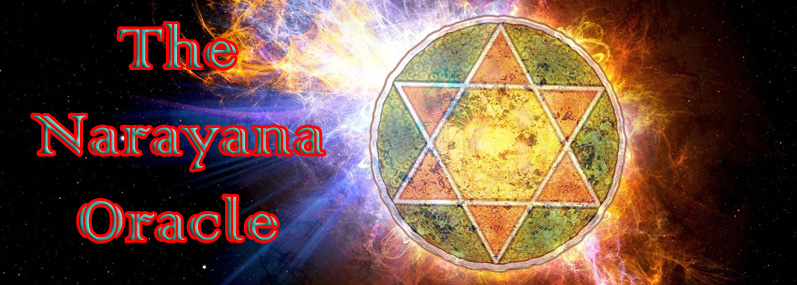
The number 13 has been shrouded in mystery and superstition for centuries, being considered as one of the most powerful numbers globally. Despite its negative connotations, the number 13 continues to captivate our imagination. What makes it so universal and enduring? In this article, we delve deep into the history and significance of the number 13, exploring its universal appeal.
The Origins of the Number 13
The number 13 has a rich and complex history, with roots tracing back to ancient civilisations. Many cultures viewed the number 13 as a symbol of power and good fortune, linking it to gods and goddesses.
In Ancient Egypt, the number 13 symbolised resurrection and renewal, representing the cycles of life and death. It was also associated with the pharaohs and afterlife.
Babylonian mythology linked the number 13 to the god Marduk, who defeated the goddess Tiamat and created the world. In Ancient Greece, philosopher Pythagoras considered the number 13 the key to understanding the universe, symbolising perfection. It was also associated with the 12 gods of Olympus and the 12 labours of Hercules.
Medieval Europe associated the number 13 with bad omens and superstitions, linking it to the Last Supper, where Jesus and his disciples gathered for their final meal before his crucifixion.
Significance of the Number 13 in Different Belief Systems
The number 13 holds great significance in various cultures and belief systems, including Numerology, Astrology, Tarot, Christianity, Judaism, Hinduism, and Mathematics.
Numerology
In numerology, the number 13 is often considered to be a challenging and transformative number. It is seen as having its own unique energy and symbolism, distinct from other numbers.
One of the key aspects of the number 13 in numerology is that it is often associated with upheaval and change. It is seen as a number that can bring unexpected events or situations into a person’s life, which may require them to adapt and transform. This can be seen as both positive and negative, as the changes brought about by the number 13 can sometimes be difficult or uncomfortable, but they can also lead to growth and evolution.
The number 13 is also considered to be a karmic number in numerology, indicating that it may be associated with the consequences of past actions or decisions. It is often believed that the challenges or upheavals associated with the number 13 may be linked to unresolved issues from the past, and that they may offer an opportunity for karmic lessons to be learned and resolved.
Additionally, the number 13 is often seen as a number of transformation and rebirth. It is associated with cycles of completion and new beginnings, representing the end of one phase and the start of another. This can be seen as a positive aspect of the number 13, as it signifies the potential for growth and renewal.
Overall, in numerology, the number 13 is often seen as a powerful and transformative number, associated with change, challenges, karmic lessons, and rebirth. It is considered to have its own distinct significance and symbolism within the realm of numerology.
Astrology
In astrology, the number 13 holds special significance, representing various aspects such as zodiac signs and lunar cycles. While commonly associated with superstitions and myths in other belief systems, the significance of the number 13 in astrology is distinct and holds unique interpretations within the field. In this article, we will explore the astrological significance of the number 13, including its association with the 13th zodiac sign, lunar calendars, themes of transformation and rebirth, and connections to feminine energies. We will also consider how different astrologers and traditions may interpret the significance of the number 13, highlighting the diverse perspectives within the field of astrology.
The 13 Zodiac Signs: Some astrologers recognise a 13th zodiac sign called Ophiuchus, which is associated with the time period between November 29 and December 17. Ophiuchus is often depicted as a serpent bearer and is believed to possess healing and transformative powers.
Lunar Cycles: Many lunar calendars used in astrology are based on a 13-month lunar year, with each month consisting of 28 days. This reflects the significance of the number 13 in tracking lunar cycles and aligning them with astrological predictions and interpretations.
Tarot
In Tarot, the number 13 is associated with the Death card, which is one of the major arcana cards in the Tarot deck. The Death card signifies transformation, change, and rebirth, rather than literal death. It represents the end of one cycle or phase and the beginning of a new one, symbolising the natural process of transformation and evolution. The Death card is often interpreted as a card of profound change, letting go of the old and making way for the new. It can also represent the end of a situation or a period of stagnation, and the need to embrace change and transformation in order to grow and evolve. In Tarot readings, the Death card is seen as a powerful force, urging the seeker to embrace change and let go of what no longer serves them in order to move forward on their spiritual journey. It symbolises deep inner transformation, regeneration, and renewal, emphasising the cyclical nature of life and the inevitable changes that come with it.
Christianity
In Christianity, the number 13 is associated with the Last Supper, which was the final meal Jesus shared with his disciples before his crucifixion. According to Christian tradition, Jesus and his 12 disciples were gathered for the Last Supper, making a total of 13 individuals present at the table. The Last Supper is considered a significant event in Christian theology as it represents Jesus’ sacrifice for the sins of humanity and the establishment of the Eucharist or Holy Communion, a central sacrament in Christianity. However, the number 13 is often seen as representing betrayal and treachery in Christian lore, as it was at the Last Supper that Jesus foretold his betrayal by one of his disciples, who was later identified as Judas Iscariot. As such, the number 13 has been associated with negative connotations and considered unlucky by some Christian traditions. Nevertheless, interpretations of the significance of the number 13 in Christianity may vary among different denominations and theologians.
Judaism
In Judaism, the number 13 is associated with the age of maturity or coming of age for boys, known as the Bar Mitzvah. When a boy turns 13, they are considered to have reached the age of responsibility and are accountable for their actions and obligations under Jewish law. The number 13 is therefore significant as it represents the age at which Jewish male children are considered to have reached an important stage of spiritual maturity and are recognised as responsible individuals within their faith tradition.
Cultural Significance of the Number 13
The number 13 holds rich cultural significance, found in various forms of art, literature, music, film, and television. It is often used as a symbol of transformation, change, power, mystery, and suspense.
In Chinese culture, the number 13 is linked to the moon, bringing good luck. However, in the Western world, the number 13 has been associated with bad luck and superstition for centuries, originating from the fear of Friday the 13th in the Middle Ages.
In Mathematics, the number 13 is a prime number and a Fibonacci number, part of the Fibonacci sequence.
In summary, the number 13 holds a universal appeal, with roots tracing back to ancient civilisations and significance in various cultures, belief systems, and fields. Despite its negative connotations, the number 13 continues to captivate our imagination and serves as a powerful symbol of transformation, change, and rebirth.
